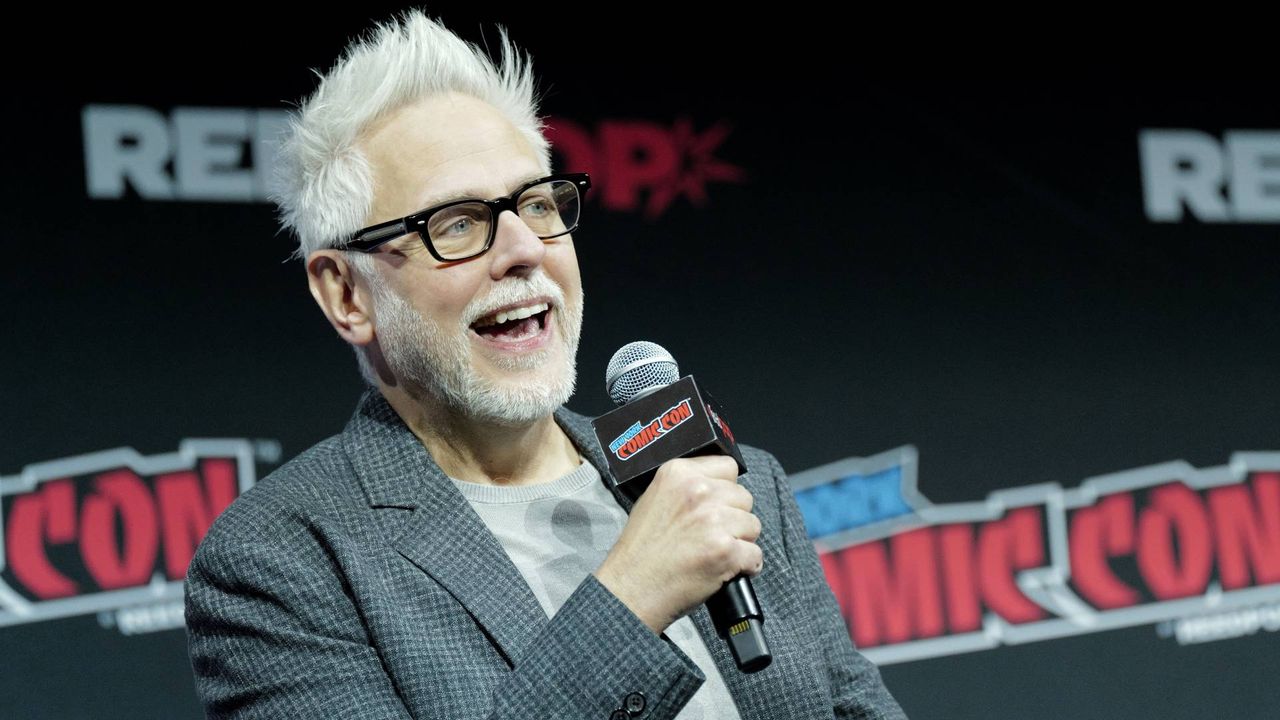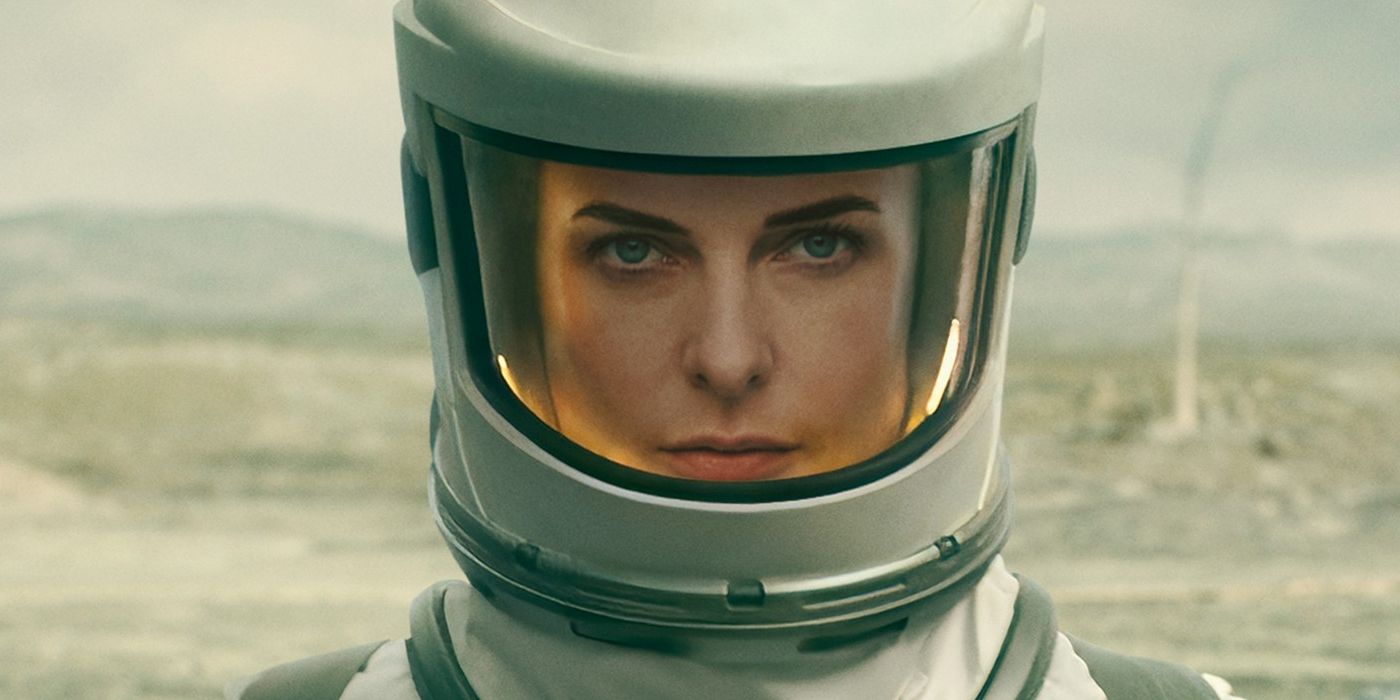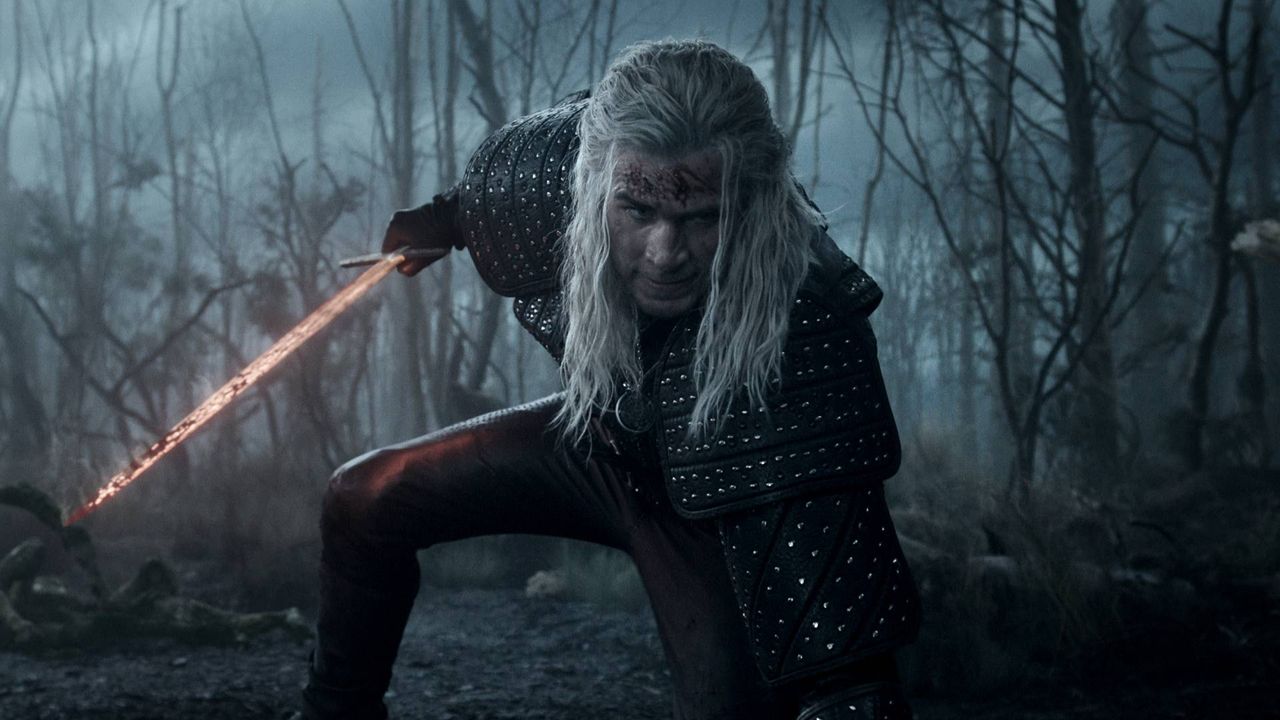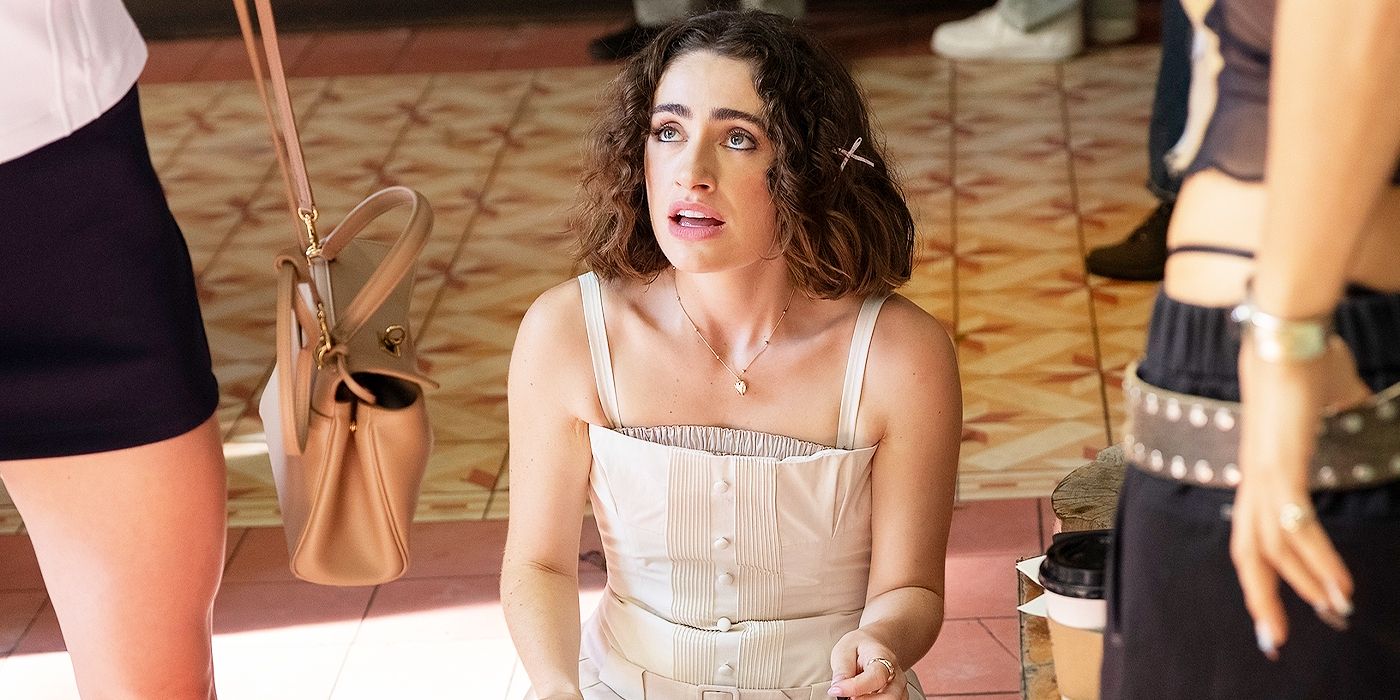Gunn’s Fate Hangs in the Balance: Paramount’s Potential Acquisition of Warner Bros Sparks Epic Showdown Over DC Studios Leadership
The entertainment industry has always been fueled by power dynamics, corporate acquisitions, and the tussle over creative control. The rumored acquisition of Warner Bros. by Paramount is a significant event that could shift the landscape not just for the companies involved, but for the entire industry. Should this merger take place, one of the most contentious issues is whether James Gunn and Peter Safran will remain at the helm of DC Studios.
James Gunn, known for his work on Marvel’s Guardians of the Galaxy, has become a pivotal figure in DC’s cinematic universe, especially after co-directing The Suicide Squad and leading the creative direction for the upcoming series of projects under the DC banner. Partnered with producer Peter Safran, who has a storied history of producing successful horror and superhero films, their leadership represents a new vision for DC, aiming to refresh a franchise that has often struggled to maintain consistency and critical acclaim.
Yet, the potential sale brings about a myriad of uncertainties. Paramount, under its current leadership, appears to have plans to retain Gunn and Safran due to their vision and direction for DC Studios. This decision, however, could ignite a firestorm within the broader fandom and industry, reminiscent of historical political struggles over leadership in times of transition. The stark contrasts can be likened to biblical narratives where new leadership often faces skepticism from traditionalists who fear change and the unknown.
In a hypothetical scenario where Paramount takes ownership, the shift could symbolize a transition not just in corporate leadership but in creative direction and artistic integrity. Paramount’s support for Gunn may be perceived as a challenge to the old guard at Warner Bros., who might oppose the radical changes that come with new management. This dynamic is reminiscent of political power struggles, where the new regime confronts entrenched interest groups resistant to change.
Moreover, there is an ongoing debate among fans and critics regarding the direction of the DC cinematic universe. While Gunn and Safran have an ambitious slate of films and television shows lined up, there are no guarantees that the new leadership at Paramount would maintain their vision. The question of how merger dynamics can influence creative decisions is crucial; good ideas can be smothered under new corporate strategies or revised ambitions that fail to align with the previous leadership’s vision.
Furthermore, the ramifications of maintaining Gunn and Safran as heads of DC Studios can lead to a deeper conversation about artistic freedom versus corporate interests. The entertainment industry has seen a trend where profitable franchises tend to prioritize box office returns over groundbreaking storytelling, often leading to formulaic stories that lack depth. The vision that Gunn and Safran bring tries to navigate that fine balance, promising narratives that resonate emotionally while also achieving commercial success.
The loyalty to Gunn and Safran could also evoke a significant divide within the fanbase. Some loyalists may view the retention of these creative leaders as a win for innovation and creativity in superhero storytelling, while others may see it as a betrayal of past narratives or a shift away from what DC characters traditionally represent. This polarization can create a fertile ground for discourse, echoing societal debates where loyalty to leaders clashes with accountability for past missteps.
As the industry continues to evolve with new technologies and distribution models, the implications of a merger become even more significant. The consolidation of power among fewer companies has led to fears of homogenization of content, where creative risks are minimized in favor of safe, marketable properties. In this context, retaining innovative leaders like Gunn and Safran could herald a new era of storytelling for DC or, conversely, it could mark a period of stagnation if their ideas are sidelined in favor of financial imperatives.
The broader theme of power and control in creative industries is underscored by this potential merger. The history of Hollywood is littered with tales of visionary leaders whose creative impulses were stifled by corporate interests, leading to missed opportunities and lackluster projects. The fate of Gunn and Safran may represent a pivotal moment for DC Studios, with implications that extend far beyond the immediate future of superhero films.
Given the high stakes involved, the situation also raises questions about how much influence corporate entities should wield over artistic expression. There is a delicate balance between the need for financial viability and the pursuit of creative integrity. How a new leadership structure under Paramount would navigate these tensions remains to be seen, yet it is sure to evoke fervent discussions among both industry insiders and the public.
Gunn’s past controversies, including his firing from Marvel due to old tweets, may also complicate perceptions. His return to the forefront of a major franchise presents a case study in redemption and the evolving standards of accountability in modern entertainment. How audiences perceive his leadership could shape the extent to which they embrace or resist the direction of DC Studios under new management.
Moreover, the film industry has witnessed significant shifts in how stories are told, particularly with the rise of serialized content across streaming platforms. The adaptation of DC’s characters to these modern storytelling frameworks has been a point of contention, and moreover, retaining leaders like Gunn and Safran could provide the necessary creative acumen to navigate these waters. They have the potential to redefine how these beloved characters are interpreted for contemporary audiences, but only if they are afforded the freedom to innovate without corporate constraints.
The scenario also opens a broader discussion about the nature of artistic leadership within mega-corporations. Gunn and Safran’s vision for the DC cinematic universe aligns with a movement toward embracing diversity in storytelling and character development, resonating with a generation of viewers who crave authenticity and representation. The potential retention of their leadership could serve as a testament to the importance of empowering voices that challenge conventions and pursue unique narratives.
In essence, the implications of Paramount’s potential acquisition of Warner Bros. and the potential retention of Gunn and Safran will evoke passionate debates reminiscent of historical power dynamics. The ensuing discourse underscores how intertwined corporate machinations are with creative endeavors, and how the outcome may very well shape the future identity of major cinematic franchises for years to come. Whether this merger resolves or exacerbates the longstanding challenges facing DC remains an open question, inviting speculation and scrutiny from all corners of the industry.




